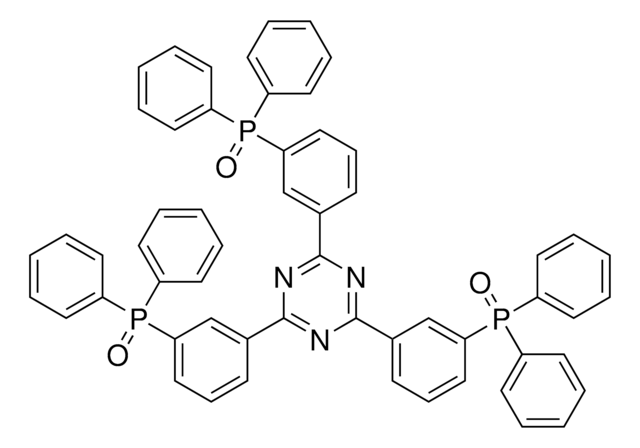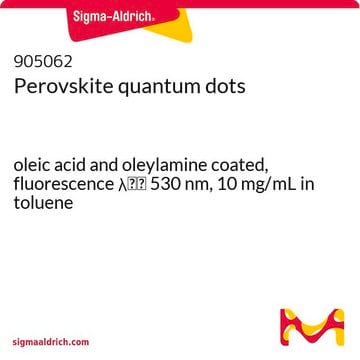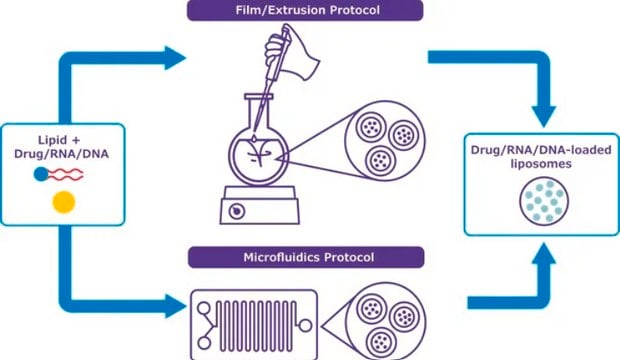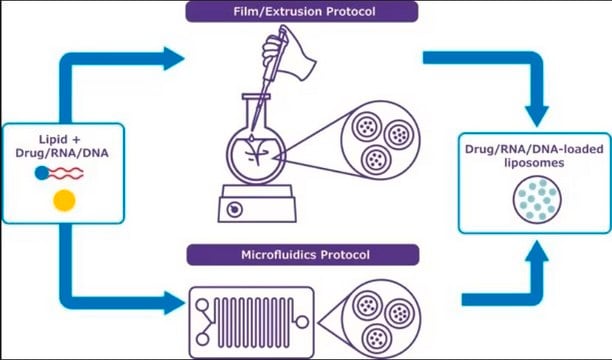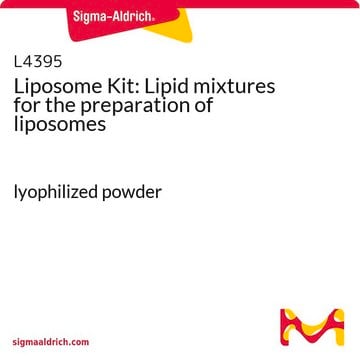926345
NanoFabTx™-DC-Chol Lipid Mix
for synthesis of cationic (DC-cholesterol) liposomes
Sign Into View Organizational & Contract Pricing
All Photos(1)
About This Item
UNSPSC Code:
12162002
NACRES:
NA.23
Recommended Products
Quality Level
storage temp.
−20°C
General description
NanoFabTx™-DC-Chol Lipid Mix; for synthesis of cationic (DC-cholesterol) liposomes is a ready-to-use nanoformulation blend for the synthesis of liposomes for drug delivery. The NanoFabTx™-DC-Chol Lipid Mix includes optimized protocols with step-by-step instructions for synthesizing cationic DC-cholesterol liposomes for drug delivery applications. The modification of the liposomes with the cationic lipid, DC-cholesterol, have numerous advantages including high gene transfection efficiency. Liposome-based formulations are widely used for drug delivery applications and enable improved therapeutic efficacy of a range of drug types including small molecules, nucleic acids, proteins, and peptides.
Application
About NanoFabTx™
NanoFabTx™ lipid mixes and formulation kits enable users to encapsulate a wide variety of therapuetic drug molecules for targeted or extended drug delivery without the need for lengthy trial-and-error optimization. NanoFabTx™ reagent kits provide an easy-to-use toolkit for encapsulating a variety of therapeutics in nanoparticles, microparticles, or liposomes. Drug encapsulated particles synthesized with the NanoFabTx™ kits are suitable for biomedical research applications such as oncology, immuno-oncology, gene delivery, and vaccine delivery.
NanoFabTx™ lipid mixes and formulation kits enable users to encapsulate a wide variety of therapuetic drug molecules for targeted or extended drug delivery without the need for lengthy trial-and-error optimization. NanoFabTx™ reagent kits provide an easy-to-use toolkit for encapsulating a variety of therapeutics in nanoparticles, microparticles, or liposomes. Drug encapsulated particles synthesized with the NanoFabTx™ kits are suitable for biomedical research applications such as oncology, immuno-oncology, gene delivery, and vaccine delivery.
Features and Benefits
- A ready-to-use nanoformulation blend for the synthesis of cationic DC-cholesterol liposomes
- Step-by-step protocols (extrusion or microfluidic) developed and tested by our formulation scientists
- Flexible synthesis tools to create uniform and reproducible liposomes
- Optimized to make liposomes around 100 nm with low polydispersity
- DC-Cholesterol allows for high transfection efficiency and targeted drug delivery
- A lipid film hydration and extrusion protocol.
- A microfluidics protocol using commercial platforms or syringe pumps.
Legal Information
NANOFABTX is a trademark of Sigma-Aldrich Co. LLC
Storage Class Code
11 - Combustible Solids
WGK
WGK 3
Certificates of Analysis (COA)
Search for Certificates of Analysis (COA) by entering the products Lot/Batch Number. Lot and Batch Numbers can be found on a product’s label following the words ‘Lot’ or ‘Batch’.
Already Own This Product?
Find documentation for the products that you have recently purchased in the Document Library.
Characterization of liposomal systems containing doxorubicin entrapped in response to pH gradients.
Mayer LD, et al.
Biochimica et Biophysica Acta, 1025, 143-151 (1990)
Recent advances on liposomal nanoparticles: synthesis, characterization and biomedical applications
Panahi Y, et al.
Artificial Cells, Nanomedicine, and Biotechnology (Print), 45, 788-799 (2017)
Sterically stabilized liposomes: improvements in pharmacokinetics and antitumor therapeutic efficacy
Papahadjopoulos D, et al.
Proceedings of the National Academy of Sciences of the USA, 88, 11460-11464 (1991)
Which polymers can make nanoparticulate drug carriers long-circulating?
Torchilin VP, et al.
Advanced Drug Delivery Reviews, 16, 141?155-141?155 (1995)
T D Madden et al.
Chemistry and physics of lipids, 53(1), 37-46 (1990-03-01)
We have shown previously that transmembrane proton gradients can be used to efficiently accumulate biogenic amines [M.B. Bally et al. (1988) Chem. Phys. Lipids 47, 97-107] and doxorubicin [L.D. Mayer, M.B. Bally and P.R. Cullis (1986) Biochim. Biophys. Acta 857
Our team of scientists has experience in all areas of research including Life Science, Material Science, Chemical Synthesis, Chromatography, Analytical and many others.
Contact Technical Service


